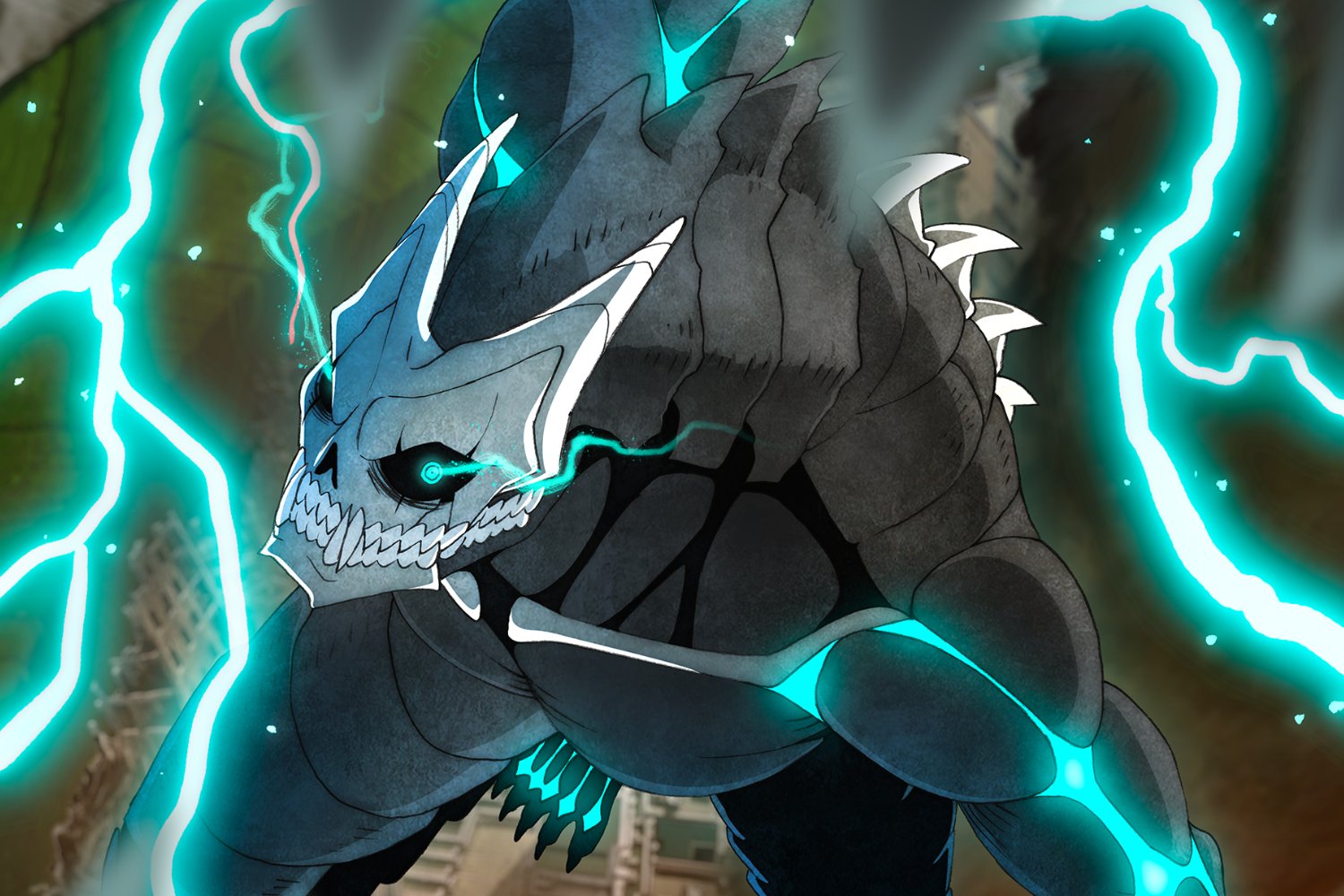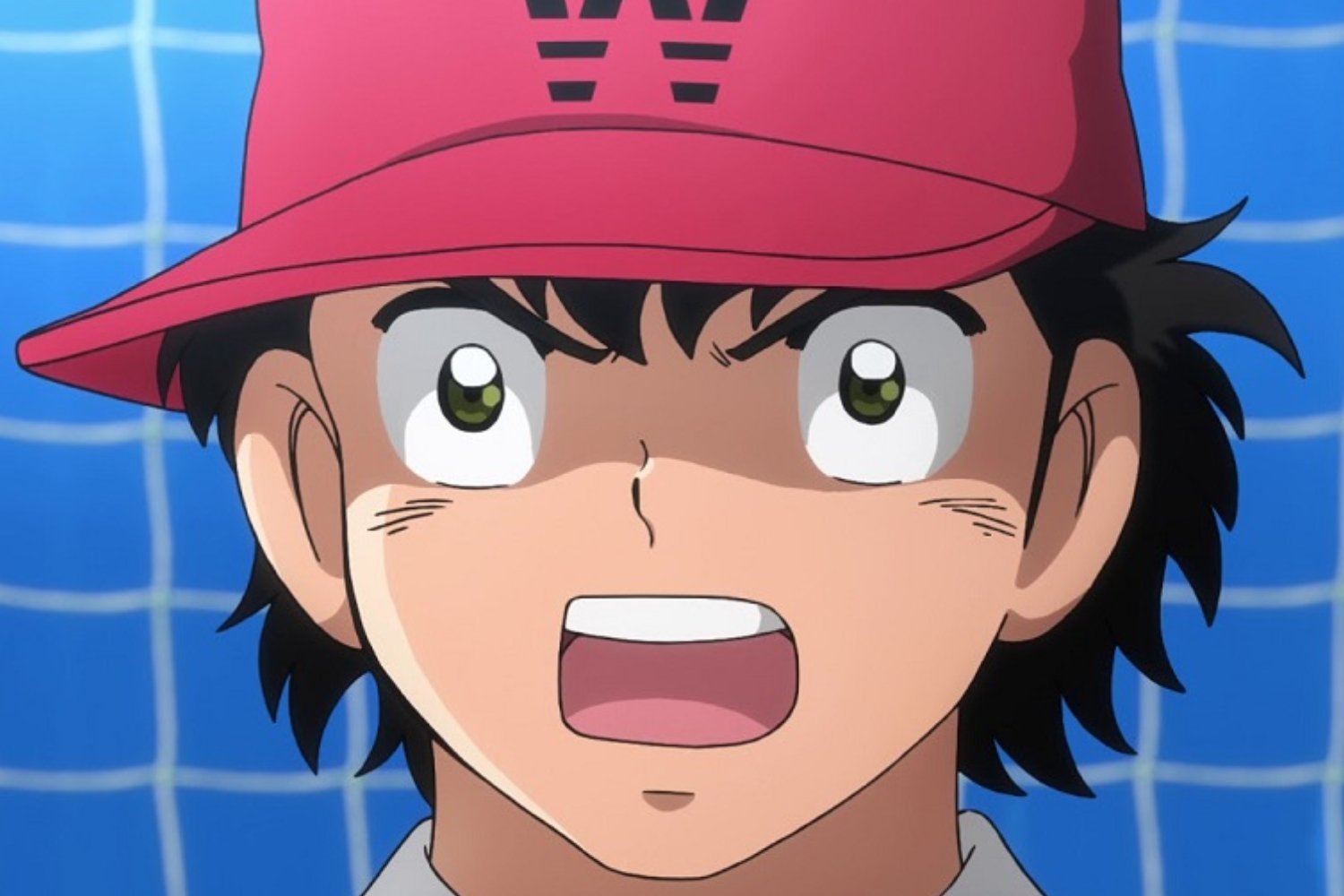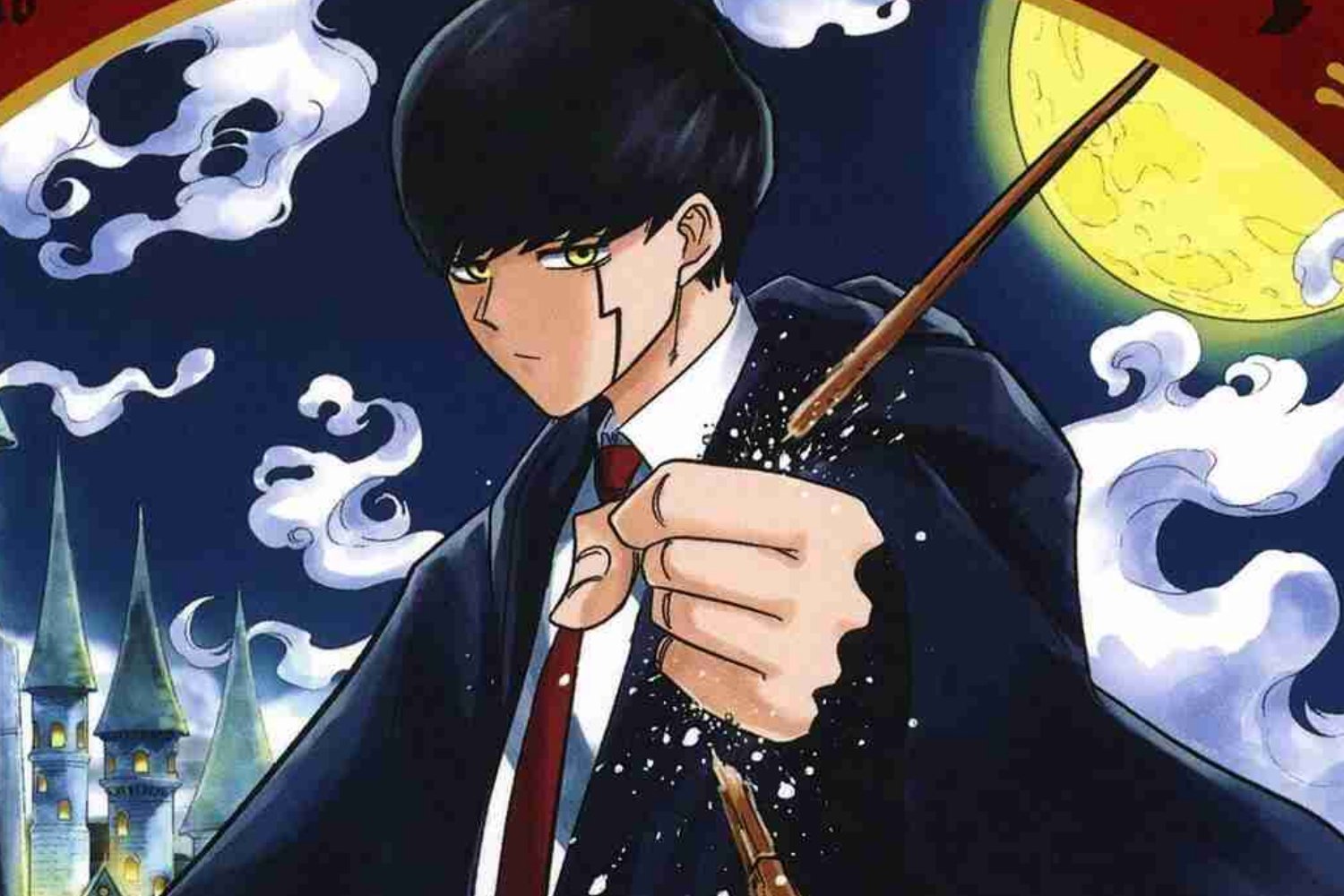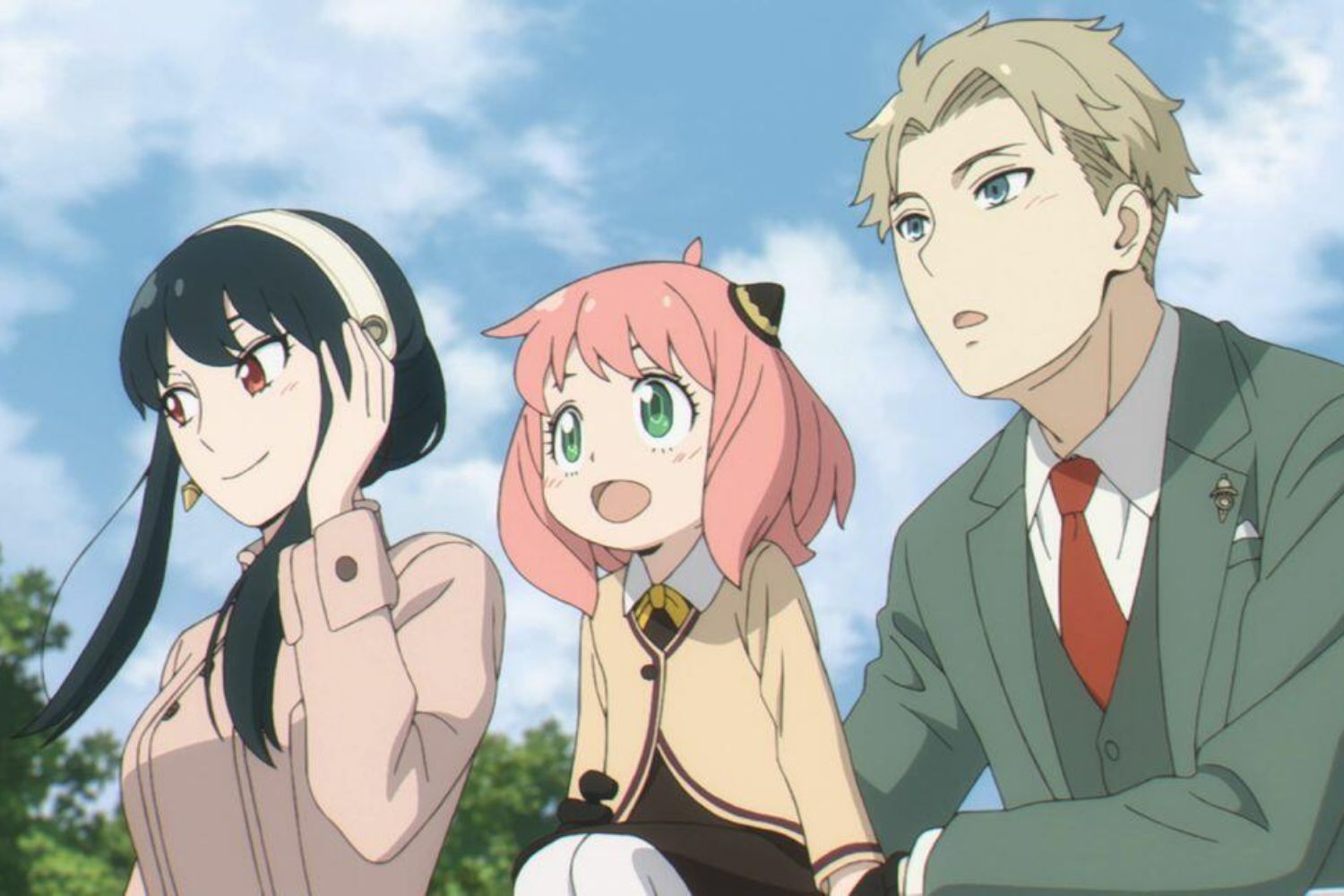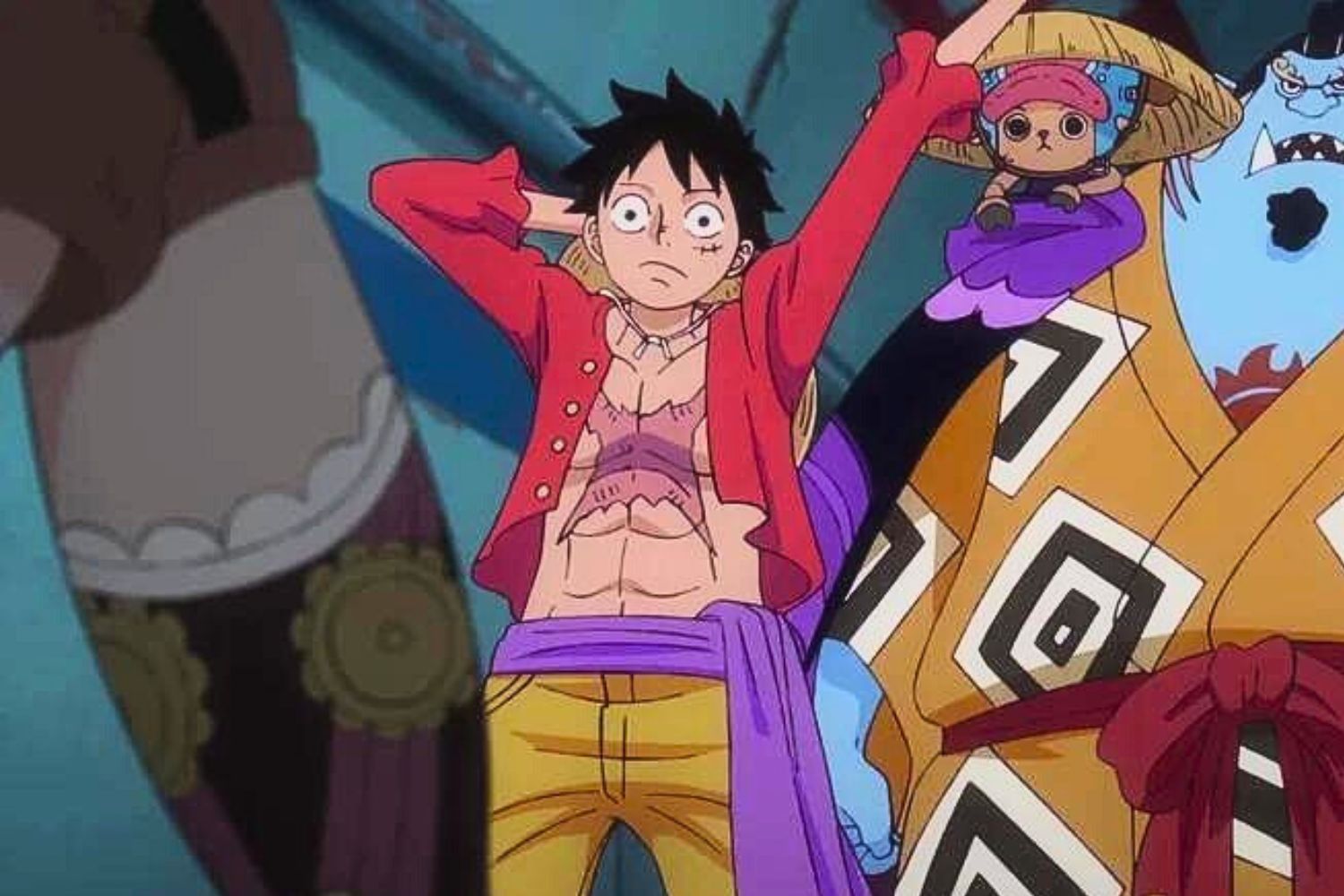-
chevron_right
Vietnam Admits Manga Piracy Problem as New BestBuyIPTV Details Emerge
news.movim.eu / TorrentFreak · 19:09 · 4 minutes
 The joint press release issued Monday by the Premier League and Alliance for Creativity and Entertainment (ACE) was unusual right from the start.
The joint press release issued Monday by the Premier League and Alliance for Creativity and Entertainment (ACE) was unusual right from the start.
Published early on Monday, even the timing was a break from the norm, but the content was even more surprising. Following criminal referrals by the Premier League and ACE, an operator of BestBuyIPTV – a platform that has appeared on the USTR’s Notorious Markets report for the past five years – had been convicted at the People’s Court of Hanoi.
For a country where criminal referrals have traditionally disappeared into the ether, that could be a very big deal.
Sentencing Details Are Somewhat Puzzling
The press release clearly identifies Le Hai Nam as “the operator” of BestBuyIPTV. He entered a guilty plea and was sentenced to 30 months in prison and ordered to pay the equivalent of $4,000. Whether that was a straightforward fine or something else isn’t clear, but more than $24,000 in illegal profits were identified, confiscated, and then seized by the state, while $12,000 in restitution was paid according to the indictment.
Having learned more about the case and its challenges since Monday, the conviction seems to represent a minor miracle in itself. In isolation, however, there’s an irreconcilable gap between the scale of the infringing and the punishment handed down.
For reasons that aren’t addressed, the court suspended the entire sentence, i.e no prison time at all. Assuming the restitution was split 50/50, that’s $6,000 each for the Premier League and ACE, while $24,000 – the bulk of funds – simply evaporated into the public purse. It’s a baffling situation, but clearly the conviction is the main prize here; it could be priceless.
Legal Process Took Four Years
Information made available to TorrentFreak suggests that the Premier League filed a complaint with authorities in June or July 2020, requesting an investigation and criminal prosecution of not one, but two Vietnamese nationals, one of which was Le Hai Nam.
The other, whose name we’ll refrain from revealing here, was considered the operator of BestBuyIPTV while Nam appears to have controlled the restreaming side of the business. Communications with customers show involvement in both reselling and direct sales, however.
Estimates of how much BestBuyIPTV was making overall were not made available to us, but a third party estimate provides some basis to throw some figures into the air to compare with the $14,000 paid in restitution.
In common with similar services who use subscriber numbers as part of their marketing, BestBuyIPTV’s homepage boasted 900,000 subscribers, between 10,000 and 12,000 resellers, and around 2,000 restreaming affiliates. If we assume these figures are highly inflated and then broadly avoid counting revenues twice, a conservative estimate would run to a seven-figure sum, and quite possibly eight.
The other remarkable aspect to this case can be viewed from two different directions. Either there was a complete lack of awareness on the security front, or maybe none of those involved actually cared. Given the technical skills on display concerning the service itself, the former seems to be out of the question. That leaves the latter, and probably one of the easier identifications for the Premier League in recent years.
Of course, that’s just a small part of the puzzle; gathering evidence to support convictions is painstaking work and more may be needed to bring this particular battle to an end.
Official Admits Manga Piracy Problem
As regularly reported over the past few years, Vietnam is home to some of the world’s largest pirate sites. In the United States, with site-blocking legislation back on the political agenda, the spotlight is on FMovies , one of the world’s leading movie and TV show streaming sites.
For some time, however, copyright holders in Japan have been reporting several other Vietnam-based or Vietnam-operated platforms responsible for staggering levels of piracy. They specialize in Japanese comics, known as manga, and local cartoons, better known as anime.
After recently renewing an anti-piracy partnership with Hollywood, publishers and anti-piracy group CODA are independently working flat out to solve what at times has looked like an unsolvable problem. However, unusual comments published in local media may suggest some light on the horizon.
Hundreds of Millions of Dollars
Pham Hoang Hai is the director of the Radio, Television and Electronic Information Testing Center, which operates within the Department of Broadcasting and Electronic Information under the Ministry of Information and Communications.
In comments published recently in local media, Hai said that around 100 websites are known to offer football matches illegally in Vietnam, together responsible for around 1.5 billion views in the 2022/2023 season. He also commented on sites dealing in other content, around 200 generating around 120 million views. And then something else, which as far as we know is the first public comment that acknowledges the scale of manga piracy traceable to Vietnam.
“Recently, we discovered a number of websites with servers located abroad that violate comic book copyrights,” Hai said .
“There have been a number of Japanese organizations working with the Ministry of Information and Communications, reporting comic book violations. Wars in cyberspace have caused hundreds of millions of dollars in damage to copyright owners.”
In isolation, that may not sound like a particularly important comment and with no context, a suspended sentence and measly restitution could easily be dismissed on the same grounds. Only time will tell whether these seeds will grow into something more substantial but in Vietnam, where signs of progress are extremely rare, any achievement in the right direction holds significant value.
From: TF , for the latest news on copyright battles, piracy and more.



